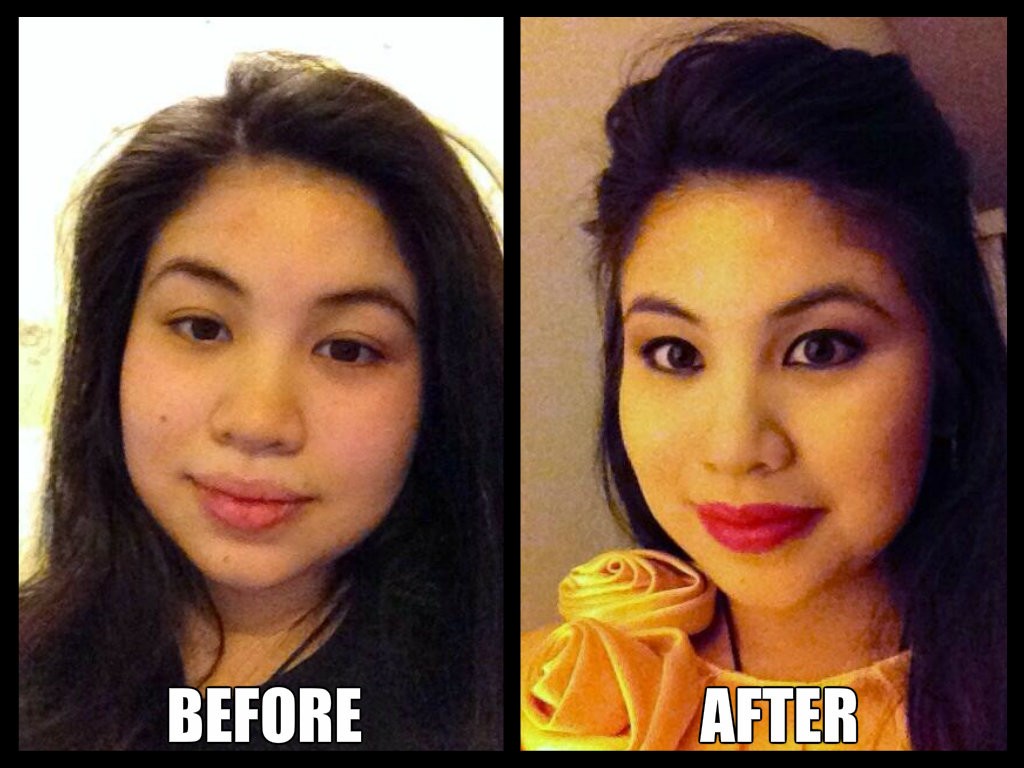Rudy’s Story: Young Man Talks About Life with Bipolar Disorder

Something you’ll see more of on Fashionably ill is my interviews with people of different backgrounds about how they manage illness. I don’t presume to have all the answers; I think we learn more when we listen to each other. This is my interview with Rudy Caseres, a 27-year old mental health advocate.
Jessica Gimeno (me): When were you diagnosed with bipolar disorder?
RC: I was only diagnosed in December 2014 after my first major manic episode. Before, my diagnosis was major depressive disorder. But my original diagnosis was schizophrenia due to a catatonic episode while serving in the US Army.
JG: What symptoms were you experiencing?
RC: I have dealt with depression and anxiety most of my life. I was shy most of my childhood but eventually came out of my shell. There were days when I would have lots of energy and command any room I was in. Theatre was a natural fit. In high school, I won both the most dramatic actor and most comedic actor my senior year in which my teacher joked I was “most schizophrenic.” Little did anyone know was that when I was alone I felt extremely lonely and afraid. I joined the Army to prove to the world that I was a serious adult who could do anything he set his mind to.

Unfortunately, after a year, I couldn’t take the stress anymore and had a mental breakdown in the middle of my unit’s dining facility. After spending a week in a psych ward, I made the decision to leave my Army life and return back home to Los Angeles. I immediately sank into a huge depression and battled anxiety whenever I had to leave my home. This went on for several years despite seeking medical treatment and weekly psychotherapy.
Then one day last October, after a major panic attack, I began feeling as if I was very powerful. I felt cured of my depression and anxiety and finally felt happy again. I was also short tempered and spoke very loud and fast. My sleep was almost nonexistent. I was constantly working on new projects. I even almost got into a major car crash with my sister and niece as passengers. As far as I was concerned this feeling was permanent and I would not have anyone tell me otherwise. (Of course, months later I crashed and sank into major depression once again.) It took some time to convince my psychiatrist this was indeed a manic episode because I simply stopped showing up to appointments during [mania]. I would like to say my health has fully stabilized but my mood still rapidly cycles despite constant medication adjustments. The worst symptom by far is the chronic fatigue.
JG: What is life like today?
RC: I’m still trying to find the best treatment plan for my illness. I’m on Medicaid so my options are poor. That said, throughout all the med changes and talk therapy, the best form of coping has been the companionship of my closest friends. As much I used to love reading books and watching movies my brain is often too fogged up to concentrate for long stretches of time. I recently made the decision to end my pursuit of a college degree because I had failed or dropped out of almost every class I’ve attempted since my initial breakdown. This was in spite of me being the president of my school’s Active Minds club for three semesters straight. Now, I am completely focused on being a public speaker and sharing my story with the entire world. Seeing the community you’ve created with your blog has inspired me to get back to work on my own. Yes, I still deal with the fatigue and erratic mood shifts but I honestly believe that bipolar will not keep me from achieving all my goals in life.
JG: What tools do you use to manage bipolar disorder?
RC: Chatting with my friends both online and face-to-face. I go for walks by the ocean with a close friend whenever my body is up to it. I go for coffee with another friend once a month where we often talk up to 4-5 hours in one sitting. These personal interactions have been just as helpful for me as any talk therapy session. Something else I love doing and am trying hard on improving is singing. I go to karaoke bars whever I can even on my own.
JG: What is your dream?
RC: Well, outside of being a karaoke star (ha-ha!) my dream is to be the best public speaker in the world. My presentations are radically different from other mental health advocates. I don’t use PowerPoint. My favorite teacher in the Theatre believed the most thrilling performances were those that only used that which was absolutely necessary to tell the story. So far the feedback has been overwhelmingly supportive. If I can keep this momentum rolling there is no limit on how far I can go.
Yes, it is nice when celebrities come out and share their own stories but often you see them fully made up and giving the impression the worst days are behind them. No amount of makeup and Photoshop can erase the suffering of bipolar disorder.
Follow Rudy on Twitter here: https://twitter.com/rudycaseres
Contact him on Facebook here: https://www.facebook.com/rudy.caseres?fref=ts
JG: What would you like people without mental illness to know about bipolar disorder?
RC: I want everyone to know how awful the illness is. Yes, it is nice when celebrities come out and share their own stories but often you see them fully made up and giving the impression the worst days are behind them. No amount of makeup and Photoshop can erase the suffering of bipolar disorder. The worst days are never fully behind you because relapse is always a cold reality. Also, I get a lot of criticism even from friends and family that I’m lazy. One cannot ever imagine the drain this illness has on my energy until they have lived a day in my life. I spent the first two weeks of US Army Basic Combat Training with a terrible flu and two rolled over ankles and I spent the last two weeks with another terrible flu and shin splints. Trust me, I am not lazy. I would gladly trade bipolar disorder for all that any day of the week.
JG: What message do you have for people with mental illness?
RC: There are not many advocates my age, which is sad because most people with a mental illness are diagnosed in their twenties. Speak up no matter how young you are. There’s already so many ignorant people defining what it means to be a person living with a mental illness. It is time for us take over the conversation and march towards progress.
–Your Stylist, Jessica Gimeno
RELATED: Bipolar Disorder: 3 Tips for Making Mood Charts Work. As shown in Rudy’s case, people with bipolar disorder are often initially misdiagnosed with depression. I encourage people experiencing mood swings to track their moods. Doing so can give your psychiatrist a more complete picture and increase your chances of receiving an accurate diagnosis.



Thank you for speaking out, Rudy.
Thank you for sharing this story, Jessica.